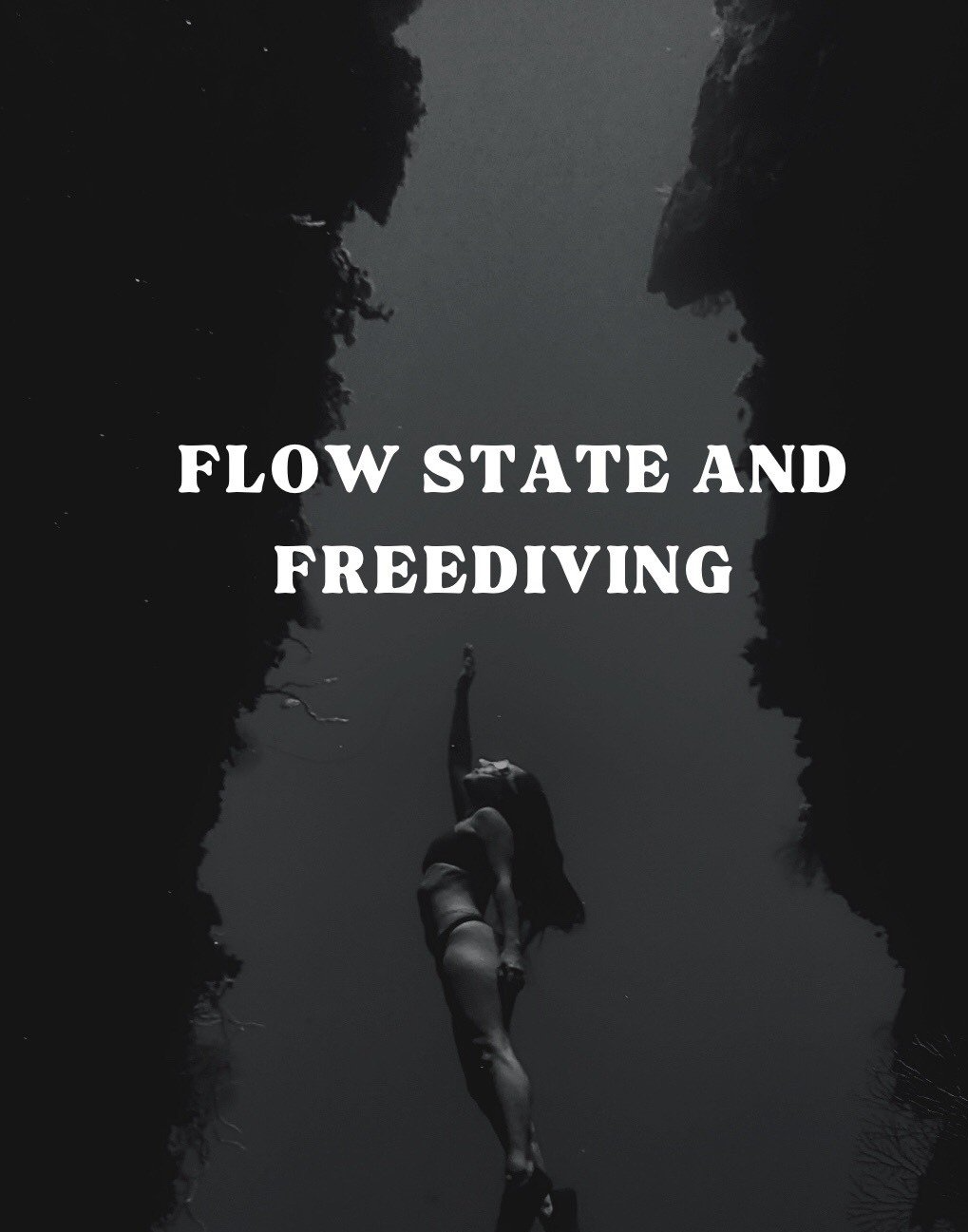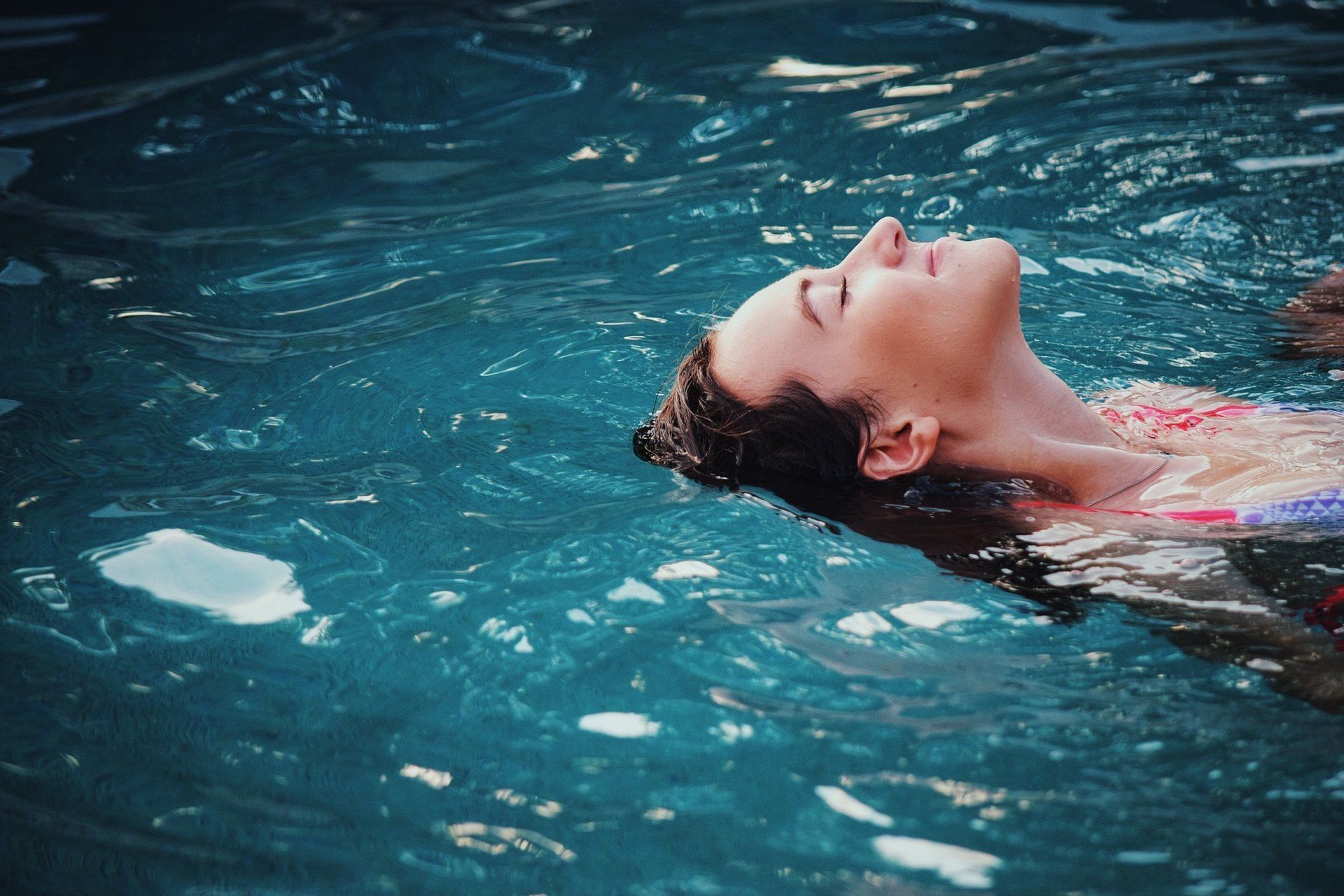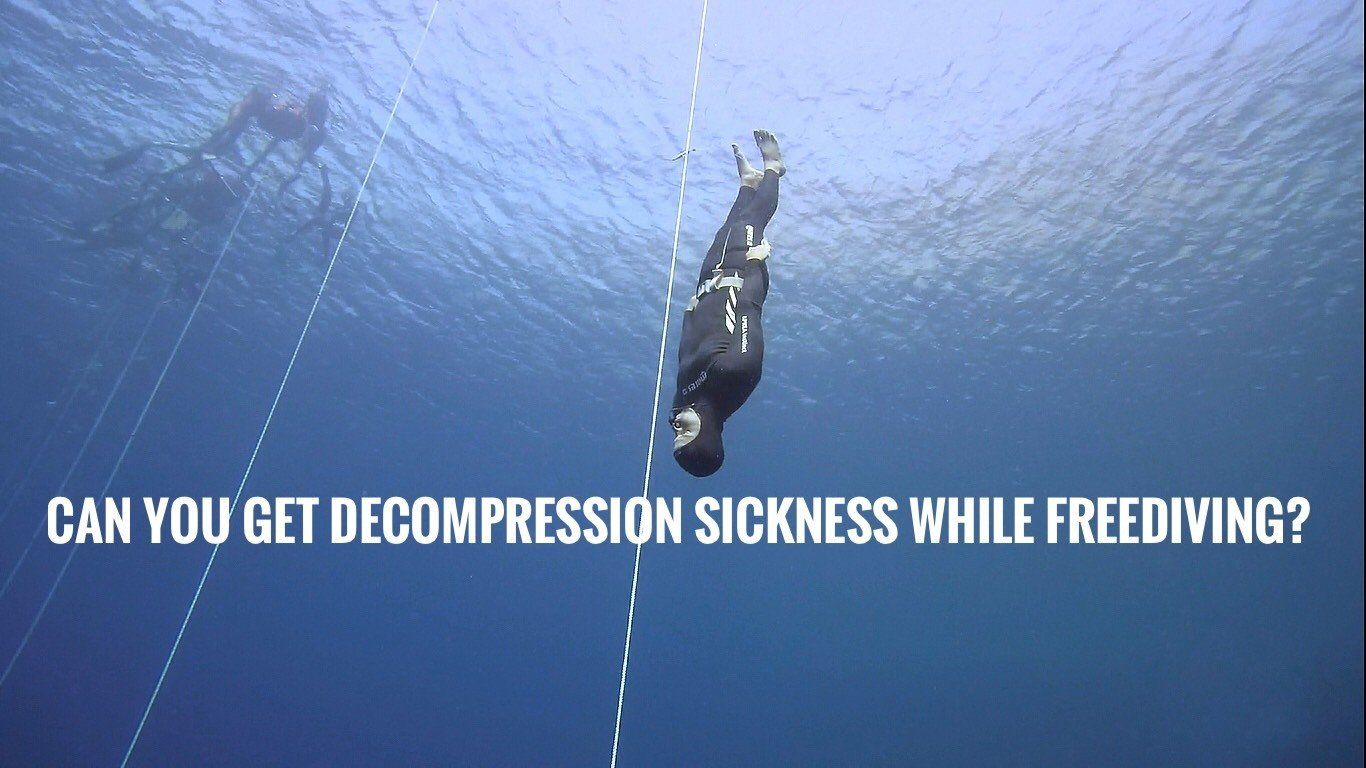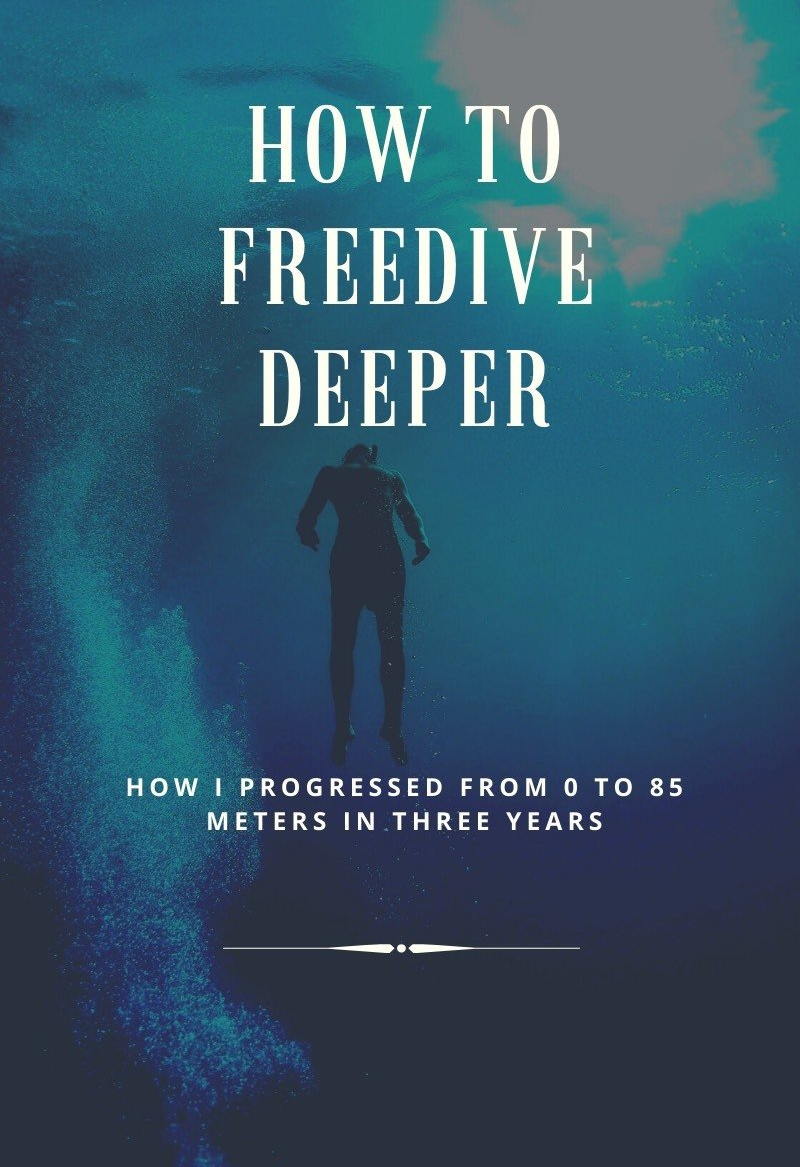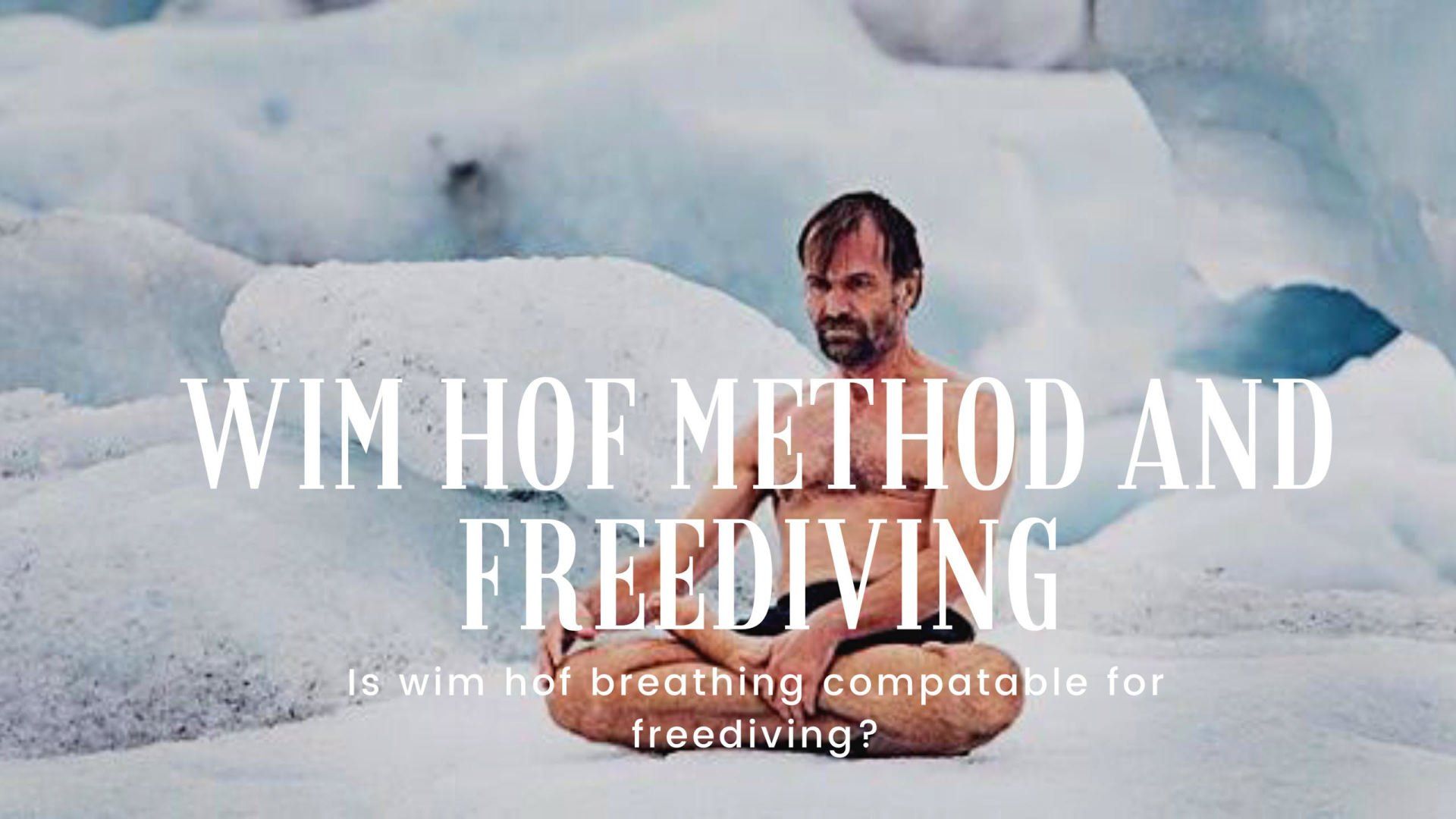How to best prepare for your upcoming freediving course
Alexander Nilsson • June 14, 2019
a step to step guide to get ready for your next freediving course!
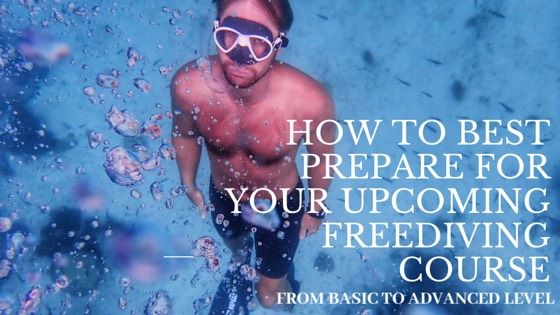
Are you about to enroll on your first freediving course and want to make sure you are coming as well prepared as possible? In this article you’ll find a step to step guide, so when you start the course, you can enjoy these days of freediving to the fullest!
The first thing you will do when you arrive to the course is to have a two or three hour of theory lesson. After that, the rest of the course is practical, and the first thing you will do is, a series of dry breath-holds. Meaning that you will be laying on the floor, holding your breath with your instructors supervision.
The instructor will tell you to use belly-breathing, meaning that when you inhale, the abdominal area moves.
An easy way to get control of this, is to put the left hand on the chest and the right hand on the stomach. When you then breathe, and do this the correct way, your right hand moves and your left hand will be still.
Then, after breathing like this for around two minutes, you will learn how to take your pre-dive-breath.
This is the inhale that will fill up your lungs and is the inhale that you will hold your breath with.
The way the instructor will teach you this varies, but usually you train your control of the breath from the abdominal area, then the intercostal area.
To prepare for this, you can practice to take a few big breaths. Starting from your lower part of the abdominals and then working your way up during the inhale and stop at the neck area.
This is also something you can practice at home before the course. At first it can feel uncomfortable to hold the breath with full lungs, so it’s a good idea to do this a couple of times before the course.
Now it’s time for the breath-hold part.
The instructor will get you to do a series of breath-holds and let you experience the urge to breathe.
The best way to prepare for this is to train a series of breath-holds at least 4 sessions before the course so you get accustomed to the feeling and can enjoy the breath-hold as much as possible!
Here is a an article where i wrote about breath hold training/ https://www.alexanderfreediver.com/what-stops-you-from-holding-your-breath-longer
The next parts of the course might be hard to practice in a home-setting because it will be practiced in the pool and in the ocean.
For the pool part, the best way to train is what we call “walking apnea”
You sit down and breathe like you did in the previous exercise.
Then you take your “pre-dive-breath” and start walking. “Time” yourself and walk in a slow and relaxed phase.
Do this exercise 4 repetitions and try to aim for 50 seconds per breath-hold.
The main factor determining whether people pass or do not pass a freediving course is if they can equalise their ears or not. This is something that is pretty hard to explain in text so instead I recommend to watch a instructional video, I've put the link of a “how to equalise” video here https://youtu.be/Mo07gZR741M
On the second and the third day of the course, you will head out to the ocean and practice depth-diving on a line.
Having the ability to dive deeper in the open water is the reason why most people do a freediving course, and is also the most enjoyable part of freediving.
The breath-hold training that I mentioned earlier will make this part much easier and enjoyable.
That’s it! After the depth sessions, you will probably do a theory test and then you’re hopefully a certified freediver!
Share article:

